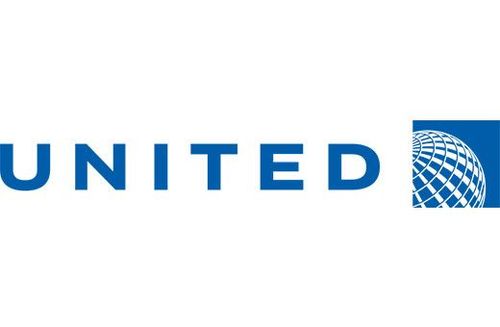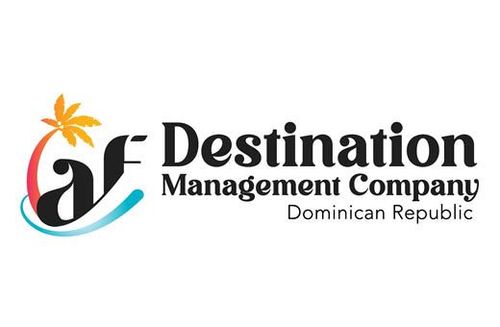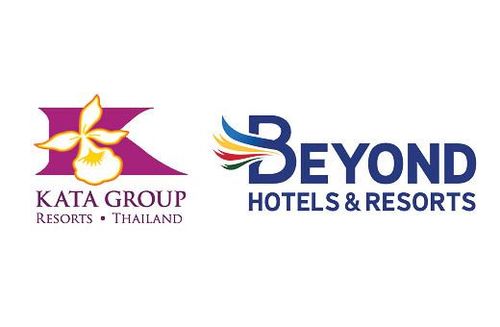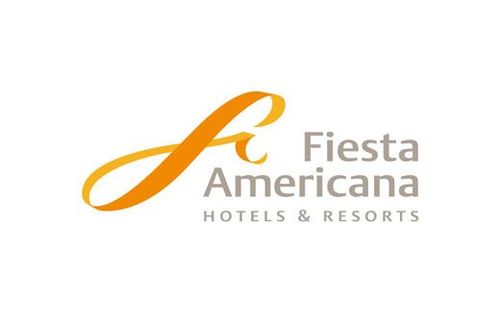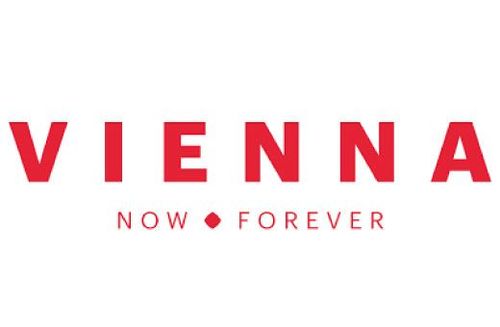Where travel agents earn, learn and save!
News / United Airlines to maximize ventilation system during boarding and deplaning
New filtration system will help further reduce the spread of COVID-19
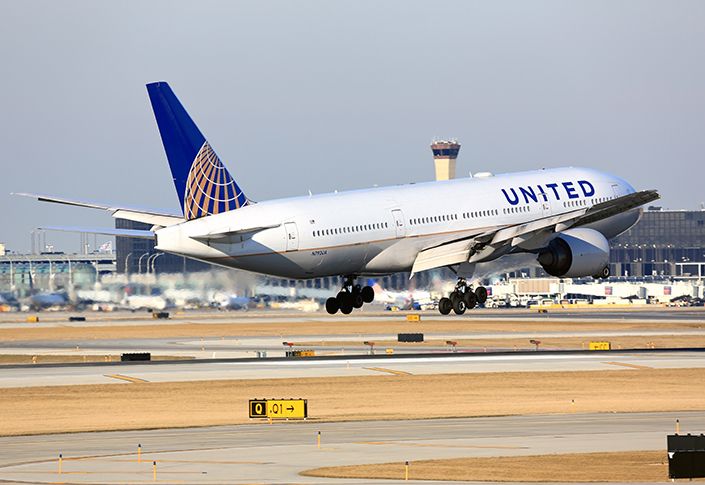
July 20 - United Airlines announced that the carrier will now maximize air flow volume for all mainline aircraft high-efficiency particulate air (HEPA) filtration systems during the entire boarding and deplaning process, helping further reduce the spread of COVID-19.
In combination with the HEPA filters, the air conditioning and pressurization system onboard United’s mainline aircraft recirculates the air every 2-3 minutes and removes 99.97% of particles – including viruses and bacteria during both ground and air operations – making the air onboard a plane significantly cleaner than what people typically experience in restaurants, grocery stores, schools or even some hospitals.
United pilots and ground staff are working to implement this new procedure for mainline aircraft beginning July 27.
On commercial aircraft, fresh air flows downward into the cabin from ceiling vents and exits the cabin at the floor and sidewalls. That air is then routed through the HEPA filters and mixed with fresh, outside air before returning back to the cabin. According to Boeing, that top-to bottom pattern, and frequent air exchange helps minimize front-to-back air movement and reduces the potential for spread of contaminants from people, such as through sneezing or coughing.
The system replaces the entire volume of cabin air every 2-3 minutes by providing 50% HEPA filtered, recirculated air mixed with 50% outside air, which allows a constant flow of either fresh or HEPA filtered air throughout the cabin. In addition, United has been partnering with the Defense Advanced Research Projects Agency (DARPA) to study how effectively the unique airflow configuration onboard an aircraft can prevent the spread of aerosolized particles among passengers and crew.
During a review of its cleaning and safety procedures with its United CleanPlus partners - Clorox and the Cleveland Clinic - United identified new opportunities during boarding and deplaning to help prevent the spread of the coronavirus. Already, the airline boards passengers back-to-front and deplanes five rows at a time. The new air filtration procedure on mainline aircraft will maximize air flow volume and recirculation of cabin air for passengers from the moment they step onboard.
Among the First to Require Masks
United was one of the first airlines in the country to mandate that everyone onboard wear a face covering, providing complimentary masks to any customer or employee who needs one. When worn properly, face coverings prevent particles from one passenger's respiratory system from getting into the air and then potentially infecting others. Customers who do not comply with United's policy risk having their travel benefits suspended.
Limiting Number of Passengers on Board
The airline is also taking steps to limit the overall number of people on board and separate customers wherever possible. United switched to a larger plane 66 times a day in May and June, for a total of more than 4,000 flights during those months, creating more space onboard. As a result, the airline's consolidated average seat factor – or the percentage of occupied seats including customers and non-revenue passengers – was 38% in May; 57% in June and is expected to be about 45% in July, with less than 15% of flights operating with more than 70% seats filled.
When United flights are less full, the airline’s advanced automated seating tool assigns seats in a way that maximizes the space on board – and the distance between customers. And since May, United has been contacting customers via email and through the United app – as much as 24 hours in advance – if their flight is expected to be more than 70% full and gives them options to switch to different, less full flights for no additional fees. Customers also have the option to cancel their flight and receive a credit for future travel. To date, the overwhelming majority of customers choose to keep their travel plans the same.
United is focused on delivering a new level of cleanliness on the ground and in the air. In addition to the vital initiatives mentioned above, several of the airline’s precautionary measures to further ensure a cleaner environment include:
At Check-In
• Implementing temperature checks for employees and flight attendants working at hubs and other airports throughout the airline's system • Installing sneeze guards at check-in and gate podiums • Promoting social distancing with floor decals to help customers stand six feet apart • Becoming the first airline in the world to roll out touchless check-in capabilities for customers with bags
At the Gate
• Disinfecting high-touch areas such as door handles, handrails, elevator buttons, telephones and computers • Providing hand sanitizer and disinfectant wipes • Rolling out Clorox Total 360 Electrostatic Sprayers in select markets to disinfect gate areas at United's hub airports • Enabling customers to self-scan boarding passes • Boarding fewer customers at a time and, after pre-boarding, boarding from the back of the plane to the front • Introduced real-time seat assignment update text and email notifications to further United's touchless airport experience
On Board
• Using electrostatic spraying to disinfect most aircraft prior to flight • Disinfecting high-touch areas – such as tray tables and armrests – prior to boarding • Reducing contact between flight attendants and customers during snack and beverage service • Deplaning in groups of five rows at a time to reduce crowding • Providing onboard items including pillows and blankets upon request
More Travel News:
Bahamas Statement on Border Closure to the United States due to COVID-19
Saint Lucia Receives Prestigious Title from Travel + Leisure
Tobago welcomes your return
British Airways retires entire 747 fleet after travel downturn



